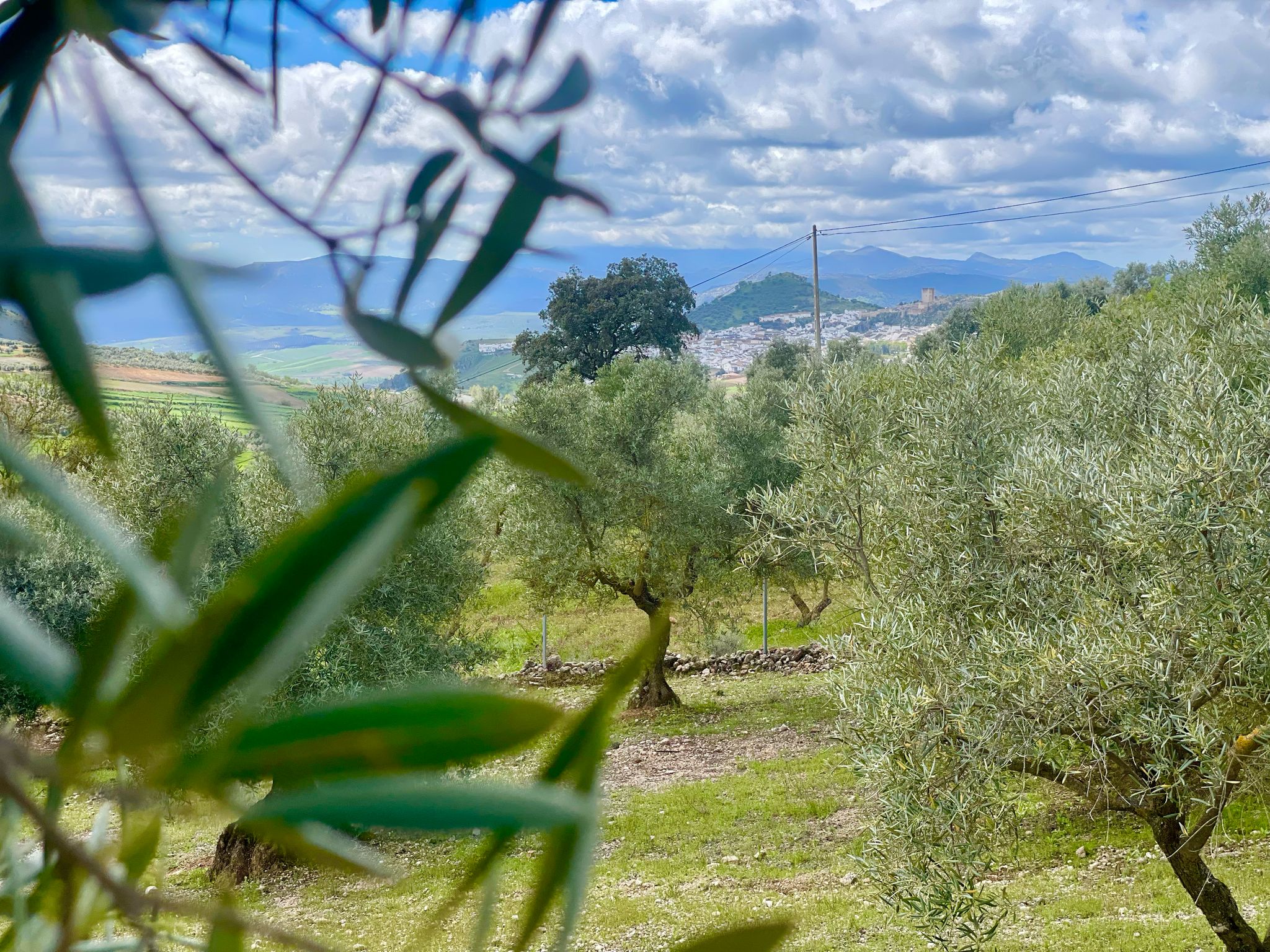Andalusia offers attractive subsidies and financial support for farmers, self-sufficient growers, and investors—particularly for olive, mango, and avocado cultivation. These programs aim to make agriculture more sustainable, competitive, and climate-resilient.

1. Support for Olive Cultivation – “Andalusian Olive Strategy”
In 2025, the regional government of Andalusia approved the "Andalusian Olive Strategy" with a total budget of €1 billion until 2027. This long-term initiative promotes:
-
Digitalization of olive oil production
-
Water efficiency through new infrastructure like reservoirs
-
Sustainable farming and organic production
-
Quality improvements in the olive oil sector
-
Research and development, including a new reference center in Jaén
-
International marketing of Andalusian olive products
Who can benefit?
All olive growers – including small producers – with registered agricultural land in SIGPAC and active registration in the new EU SIEX system.
2. Support for Mango and Avocado Cultivation
In the Axarquía region (Málaga) and other subtropical areas of Andalusia, mango and avocado farming is booming. Due to declining rainfall, new cultivation strategies are needed—this is the focus of current funding.
Current programs (2025):
-
Research projects on water-saving techniques
-
Subsidies for drip irrigation, soil moisture monitoring, and digital water management
-
Financial aid for sustainable plantation conversion
-
Support for organic certification
-
Direct compensation for climate-related crop failures
Important: New investors (e.g., buying a finca for mango or avocado production) may be eligible for funding, such as for irrigation systems, reforestation, or land conversion.
3. Access to EU Direct Payments (CAP 2023–2027)
Through the Common Agricultural Policy (CAP), Andalusian farmers receive annual direct payments based on land area, type of crop, and farm setup.
-
Basic area payment
-
Eco-schemes for sustainable practices (e.g., soil-friendly agriculture, cover crops, agroforestry)
-
Additional payments for young farmers (up to €100/ha)
-
Support for disadvantaged areas (many rural zones in Andalusia are eligible)
Requirements for Funding:
-
Registration in the SIEX system
-
Parcels correctly recorded in SIGPAC
-
Compliance with environmental, plant protection, and animal welfare regulations
-
Annual application via local agricultural offices (OCAs) or with help from agricultural consultants
Example: Finca near Málaga with 400 olive trees
A buyer acquiring an 18,000 m² finca with existing olive trees can:
-
Apply for direct payments for olive-growing land
-
Access funds for modernization (e.g., drip irrigation)
-
Apply for organic conversion support
-
Receive additional funding for new mango/avocado planting
Advisory and Support:
While applications can be complex, professional support is available:
-
Agricultural advisors in Andalusia (ASAJA, COAG, UPA)
-
Regional agricultural offices (OCAs)
-
Project partners in sustainability initiatives
Conclusion:
Investing in a finca with olives or fruit trees in Andalusia today means benefiting not only from the Mediterranean climate and rich soils, but also from extensive public funding programs. The combination of direct payments, sustainable innovation, and regional support makes Andalusia in 2025 a particularly attractive location for farming and self-sufficient living.
